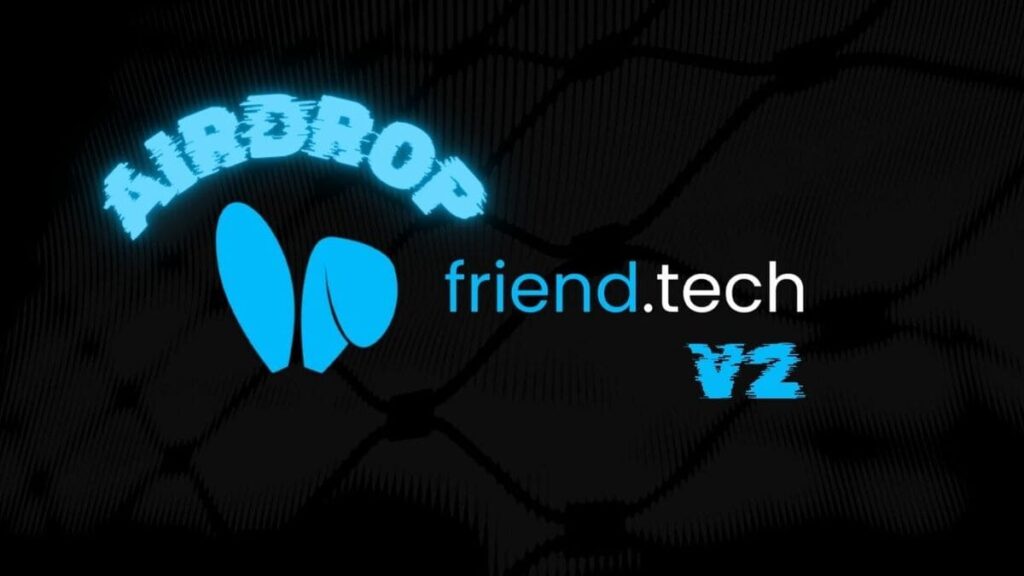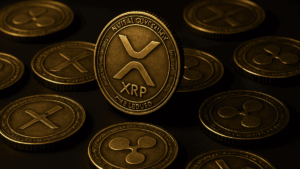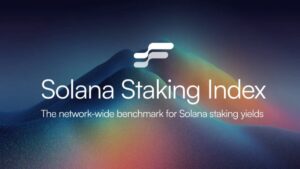TL;DR
- Friend.tech is preparing to launch its second version, which will include an airdrop scheduled for May 3.
- According to reports from CBBOFE, the smart contracts of Friend.tech v2 could introduce a non-transferable token called POINTS.
- The introduction of the non-transferable token has generated a mixed response in the community, with concerns about limitations for users. Others argue it will be beneficial in the long run.
The decentralized social media platform Friend.tech is preparing to launch its second version, which will include an airdrop scheduled for May 3. However, recent smart contract leaks have revealed controversial features that could impact the event’s operation.
According to reports from a DeFi researcher known as CBBOFE, it has been discovered that the smart contracts of Friend.tech v2 could introduce a non-transferable token called POINTS. This token, according to leaked information, will not be transferable or exchangeable except to certain specific addresses within the protocol.
Might have found @friendtech v2 smart-contracts (could be pure psyops from FT team), quick summary:
– Ticker is $POINT, not transferable unless to some whitelisted addresses. $POINT will be tradable on BunnySwap (FT native DEX).
– New smart-contract called Clubs. Anyone can…
— CBB0FE (@Cbb0fe) May 2, 2024
The alleged introduction of a non-transferable token has generated a mixed response in the community. Some are concerned about the limitations this imposes on users, while others have pointed out that it could have ironic implications for the social network. In particular, making the token non-transferable could force users to pay a 1.5% fee on the Friend.tech platform, contradicting its image as an anti-capitalist alternative.
Is Friend.tech Moving Away from its Essence?
The POINTS token, in addition to its non-transferable nature, will function as a utility token on the platform. It will be used to enable the creation of social clubs within Friend.tech, but each transaction related to these clubs will be subject to a 1.5% fee.
This decision would represent a significant change in the platform’s dynamics. Many believe it could negatively affect user participation and the overall perception of the platform as a decentralized and democratic social space.
On the other hand, proponents of the measure suggest that non-transferable tokens could reduce initial selling pressure after the airdrop, potentially benefiting their long-term value.











